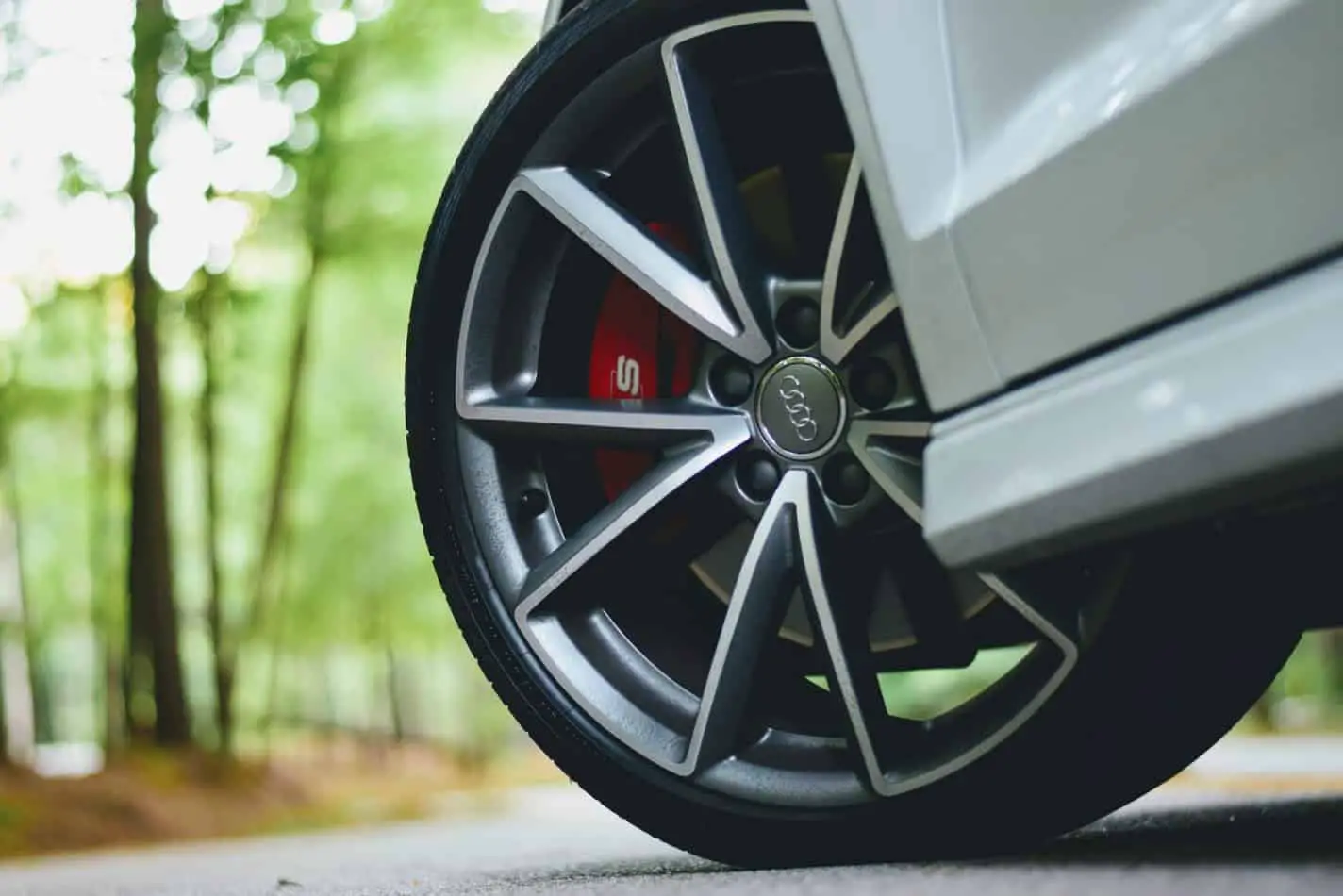Anyone who drives regularly is familiar with that grating, squeaking noise that happens when you press on the brakes; this sound is an indication that your brake pads need to be changed. While some prefer to have a mechanic change their brake pads, it is actually a simple task that you can do on your own. Before you begin, you should familiarize yourself with how to do everything, including where to put the grease or lubricant on your new brake pads.
The brake pads you will most likely and most often need to change are the front brakes which are typically disc brakes; grease should be applied to the backside of the brake pad and the parts on the side where it is put into place against the wheel. DO NOT put brake grease on the front of the brake pad.
Applying grease to the proper parts of the brake system helps ensure that all the parts of your brake system move properly and will function as needed to keep you safe while you drive. Putting grease on your brake pads will also help your brakes last longer and keeps your brakes from making that dreaded squealing noise. Read on to find out why you should put grease on the brake pad as well as other parts of the brake.
Where Does Grease Go on Brakes?
There are several different parts of a disc brake system where it is important to apply grease, such as the brake pad, caliper pins, and brake clips.
Let’s take a look at each part and how grease can help the overall functionality of the braking system.
The Brake Pad
Generally speaking, you don’t need to apply grease to the brake pad as there is no danger caused by not doing so.
However, by doing so, you ensure that you will be able to brake without that squealing sound that happens a lot with new brake pads. The three things to keep in mind when putting grease on your brake pad is:
- Don’t overdo it. A thin layer is all that is needed.
- Do NOT use a copper-based lube. This can lead to poor brake performance as it can damage the rubber. Instead, use either ceramic-based lube or a silicone-based one.
- Do not put grease on the front or friction side of the brake pad. The friction helps your vehicle stop, and putting grease on it will defeat its purpose.
Caliper Pins
The caliper pins are the two metal pins or bolts which sit on each brake caliper. They are also known as guide pins because they “guide” the brake bad into the right position, which helps with braking. It is very important to grease the caliper pins for several reasons:
- Without the grease, they don’t rub along the caliper. This will lead to the brake pad wearing down faster or wearing down unevenly.
- They can get stuck in place on the rotor. This will lead to heat buildup throughout your brakes, which wear down your brake pads faster.
- Without routine maintenance and greasing the caliper pins, the brakes become less effective. You will have to replace the brake pads more often, costing you more money overall.
Brake Clips
An important part of the braking system is the brake clips. The clips’ main purpose is to give the brake pads a uniform surface to land on, so they don’t wear out unevenly. However, many newer vehicles have clips that also push the brake pad away from the rotor, which means less wear and tear on the rotor.
It is important to put grease on the brake clips to move smoothly as it is supposed to instead of dragging or being stuck in one place, which is the opposite of its purpose.
Conclusion
While you don’t need to put grease on brake pads, it is strongly suggested that you add a thin layer of grease on the backs of the pad as well as the parts that clip into place against the wheel; this will help eliminate the squealing of the brakes. Also, make sure you do not put any grease on the friction side of the brake pad.
While putting grease on the brake pads is strongly suggested, the parts of the brake where you absolutely need to put grease are the caliper pins and the brake clips. This ensures that everything will work smoothly, your brake pads won’t wear out as quickly, and your brakes won’t weaken over time.

